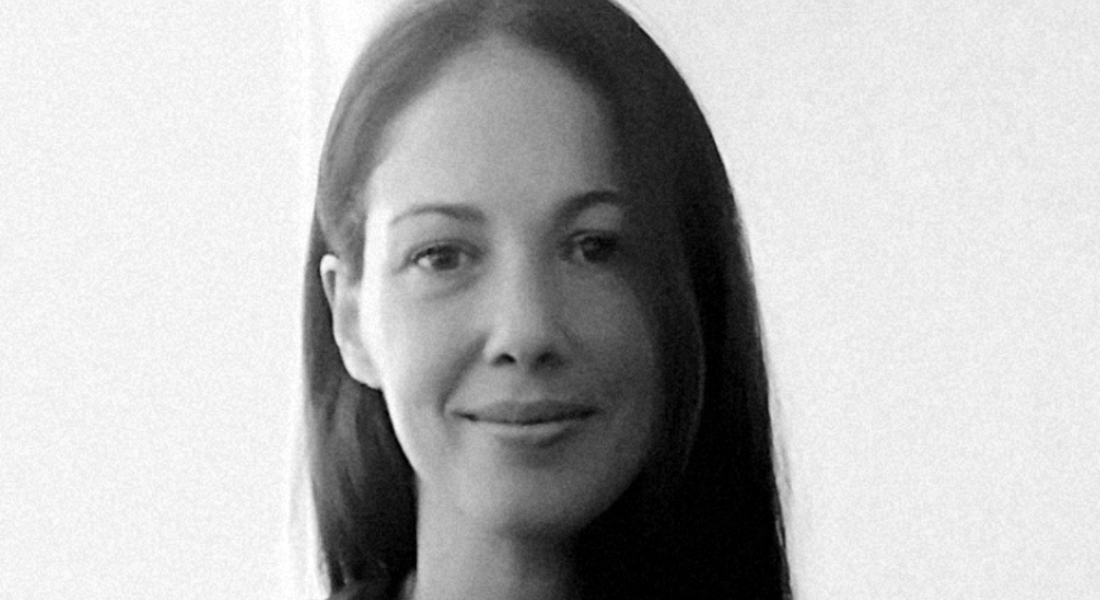The Centre of African Studies hosts new Marie Curie Postdoctoral fellow, Anna Mazzolini

DR ANNA MAZZOLINI
Architect by initial training, and subsequently urban policy expert and researcher, I have been working at the interstices between practice and research in and for countries in transition in Sub-Saharan Africa, doing so through an interdisciplinary approach merging anthropology, material culture, urban planning and policy development. I hold a PhD in Regional Planning and Public Policies, a Post Doc in Anthropology and a Post Doc in urban development. My research has engaged with both policy reform and local activism, local civic society, and questions of more just and inclusive cities. Parallel to my academic path, I have been consulting in participatory urban upgrading, urban inequality trends, climate resilience and post-disaster response, land management, slum upgrading, water and sanitation, supporting the Central Government and Municipalities of Mozambique. I am interested in long-term research regarding the impacts of policies, transnational/global urban planning influences in local politics and policies, through the deep unfolding and understanding of life paths.
Considering homes as speaking subjects, telling us about the entanglements between individual life paths, kinship, the environment and the broader socio-political context, I privilege housing construction, home-making and land access practices as part of a micro-scale analysis, as means to understand broader life trajectories tendencies, continuities and disruptions. My current research shift aims at dealing with disaster-related displacements as moments of material and symbolic disruption, in which home making and re-making emerge as a non-spoken language of social re-positioning and aspiration.
Through Marie Curie HOme WAves project (HOWA - Home-making and life trajectories in flood-risk areas of Central Mozambique) I will be investigating how home-making is reshaped in materiality, sociality and temporality under flood exposure and displacement, and which life trajectories are enacted by- and entangled with- the act of home-making pre-and post-flood experiences. I will be working in flood prone areas and resettlement sites in central Mozambique, in a time in which disaster-driven displacement of already vulnerable people is becoming more frequent. This adds complexity to the local dynamics of planning, accessing the land, conceiving citizenship and/or “othering” certain groups of population through land management and resettlement. Different type of settings (urban areas, resettlements and transitional sites) will be explored, making use of clusters of methods guided by a house biographical approach, revealing the links between risk and spatial and social belonging.
